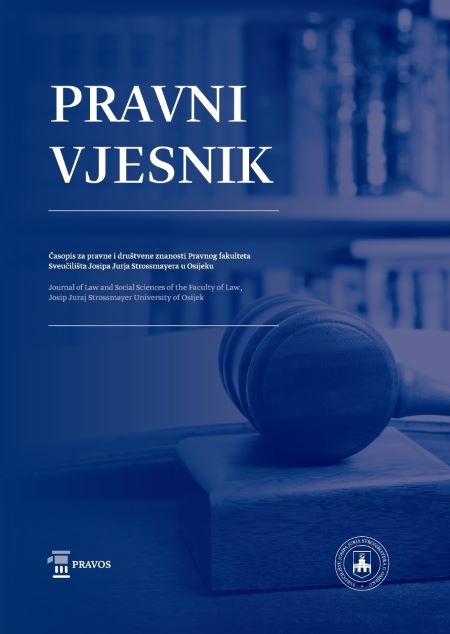THE TWENTY-FIRST CENTURY – THE BEGINNING OF A NEW ERA IN THE PROTECTION OF HUMAN RIGHTS OF PERSONS WITH MENTAL HEALTH DISABILITIES
DOI:
https://doi.org/10.25234/pv/9320Keywords:
CRPD, persons with mental disabilities, human rights, legal capacity, mental capacity, supported decision makingAbstract
The paper analyses Art. 12 of the Convention on the Rights of Persons with Disabilities and its implications for the position of persons with mental disabilities. The new concept of legal capacity contained in Art. 12 should ensure that fundamental human rights of these persons are no longer “a dead letter on paper”. However, once the Convention came into force, the implementation of this provision has proved to be problematic for States Parties. Diane Kingston, former Vice-Chairperson of the Committee on the Rights of Persons with Disabilities, best expressed the scale of the problem in October 2015 when she emphasized that no country had until that point fully met the requirements contained in Art. 12. Given that the Convention is a document that prescribes the fundamental human rights, the statement that no national legislation is consistent with its key provision is confusing and worrying. Therefore, a special attention should be paid to Art. 12 and its implementation in practice.
Downloads
Published
Issue
Section
License
Copyright (c) 2020 Marissabell Škorić

This work is licensed under a Creative Commons Attribution-NonCommercial 4.0 International License.
Authors retain the copyright on the papers published in the Journal, but grant the right of first publication to the Journal. Papers accepted for publication or already published in Pravni vjesnik of the Faculty of Law in Osijek may be published by the author(s) in other publications only with proper notice of its previous publication in Pravni vjesnik.






